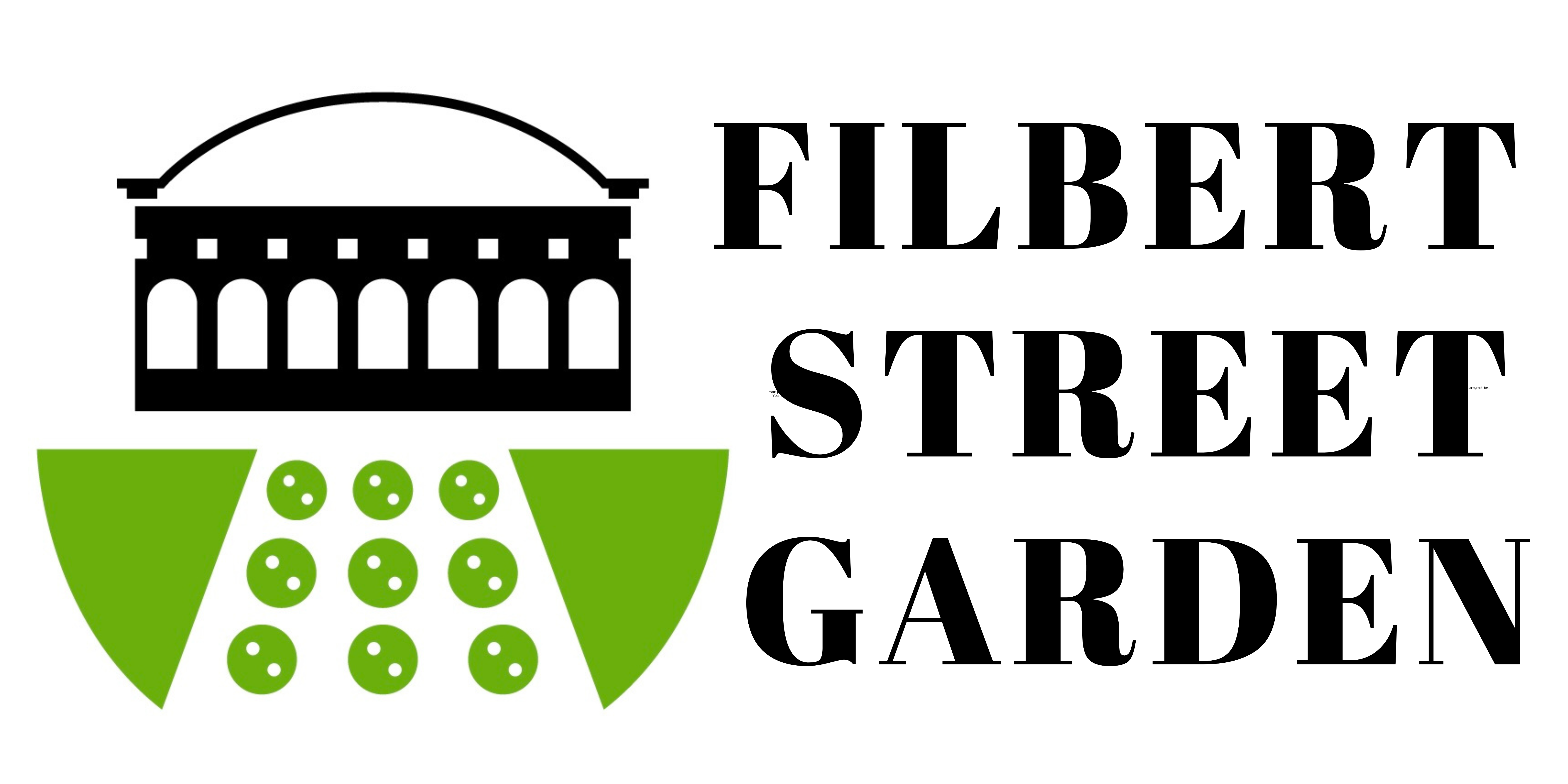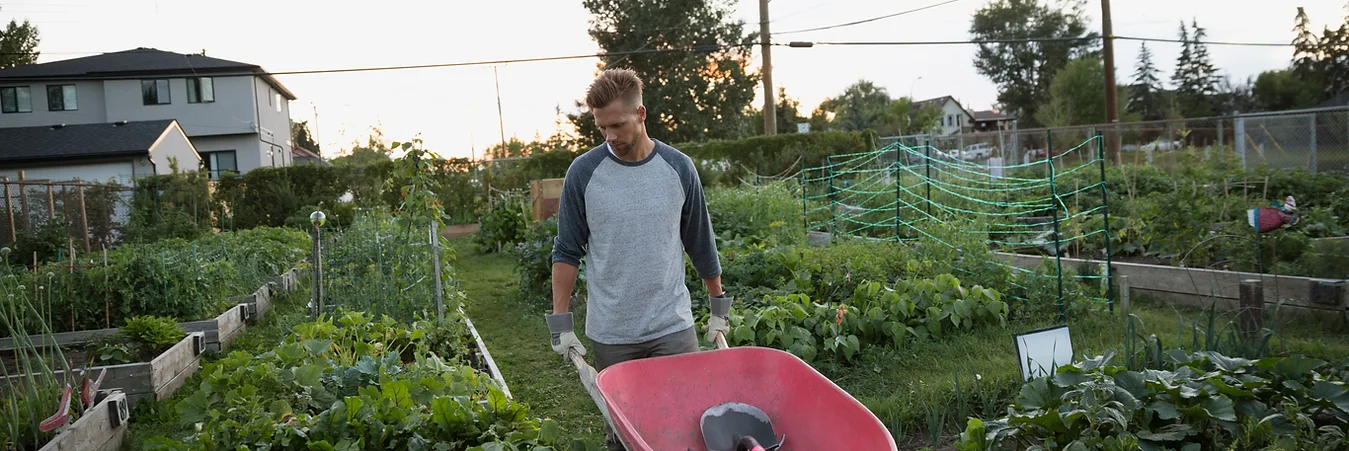Animal Corner: When Fleece Becomes Wool
The 2 resident sheep at Filbert Street Garden, Edie and Lorna, are due to undergo their annual sheering tomorrow during Easter Fest!

Here’s how it went last year: The process was completed by Geri Lackey, who has been helping keep our sheep well groomed since 2021. Afterwards, Edie and Lorna’s wool was bagged up and taken to Nancy Newman of Butchers Hill. Nancy has years of experience spinning wool into yarn and has been gracious enough to share some of her process!

The wool must first be cleaned, as both Edie and Lorna picked up quite a bit of dirt living at Filbert Street Garden. Any matted wool, stained wool, or anything coated in manure is unusable and cannot be saved. After the salvaged wool is cleaned, the wool is thoroughly air dried, and then ready for carding. Carding is the process of combing out the wool fibers to ensure there’s no tangles and all fibers are aligned in one direction. Carding also helps ensure that the wool spins easily and evenly. After carding, the wool is ready to be spun on Nancy’s spinning wheels. Once spun, the yarn is bundled into skeins of ready-to-use yarn.

Filbert Street Garden is so thankful for both Geri and Nancy for helping keep our sheep happy and healthy. Stay tuned to Filbert Street Garden’s newsletter to find out what the next steps are for our skeins of yarn. Maybe a scarf? Or mittens? Or even a hat? We’ll follow up with answers!












